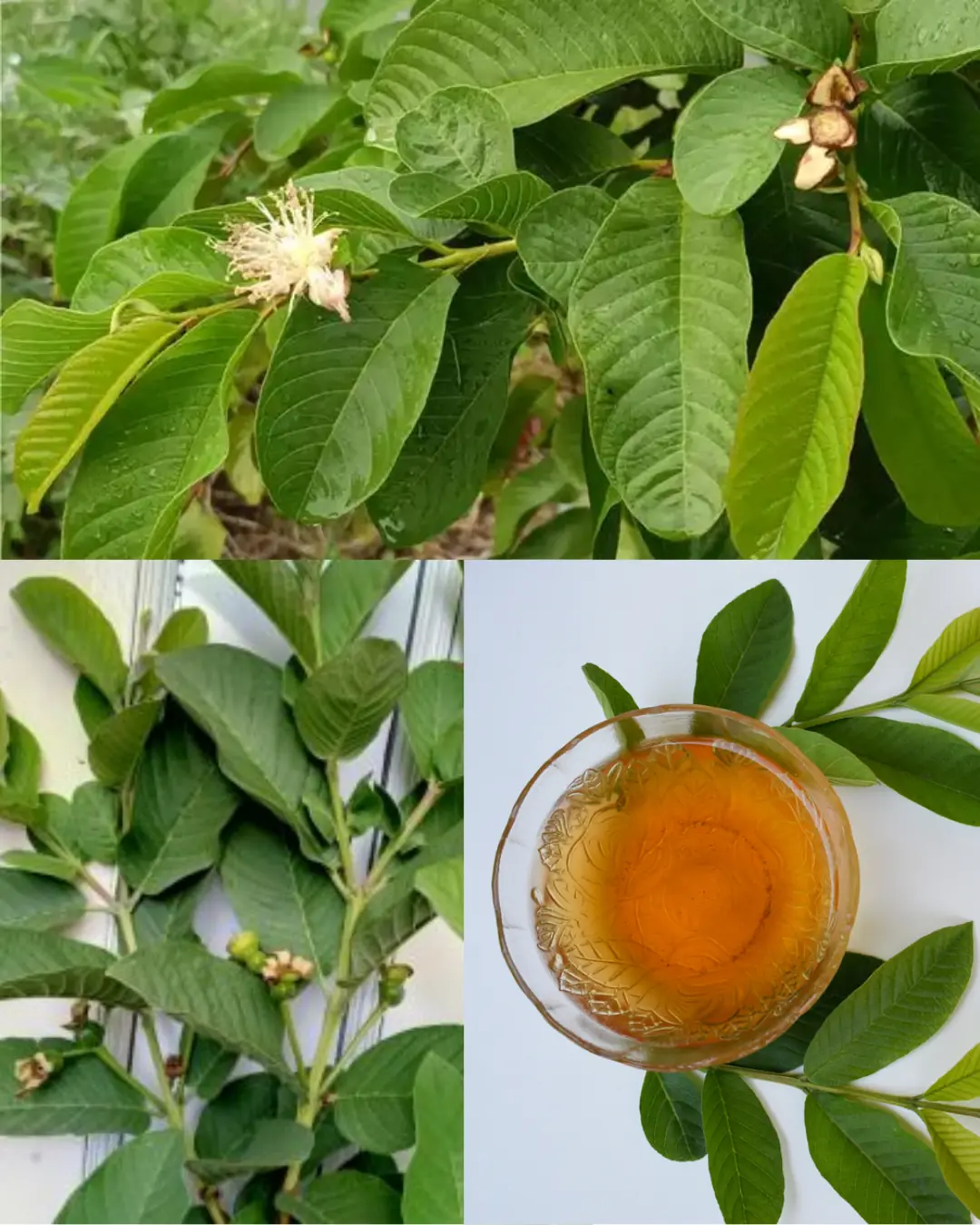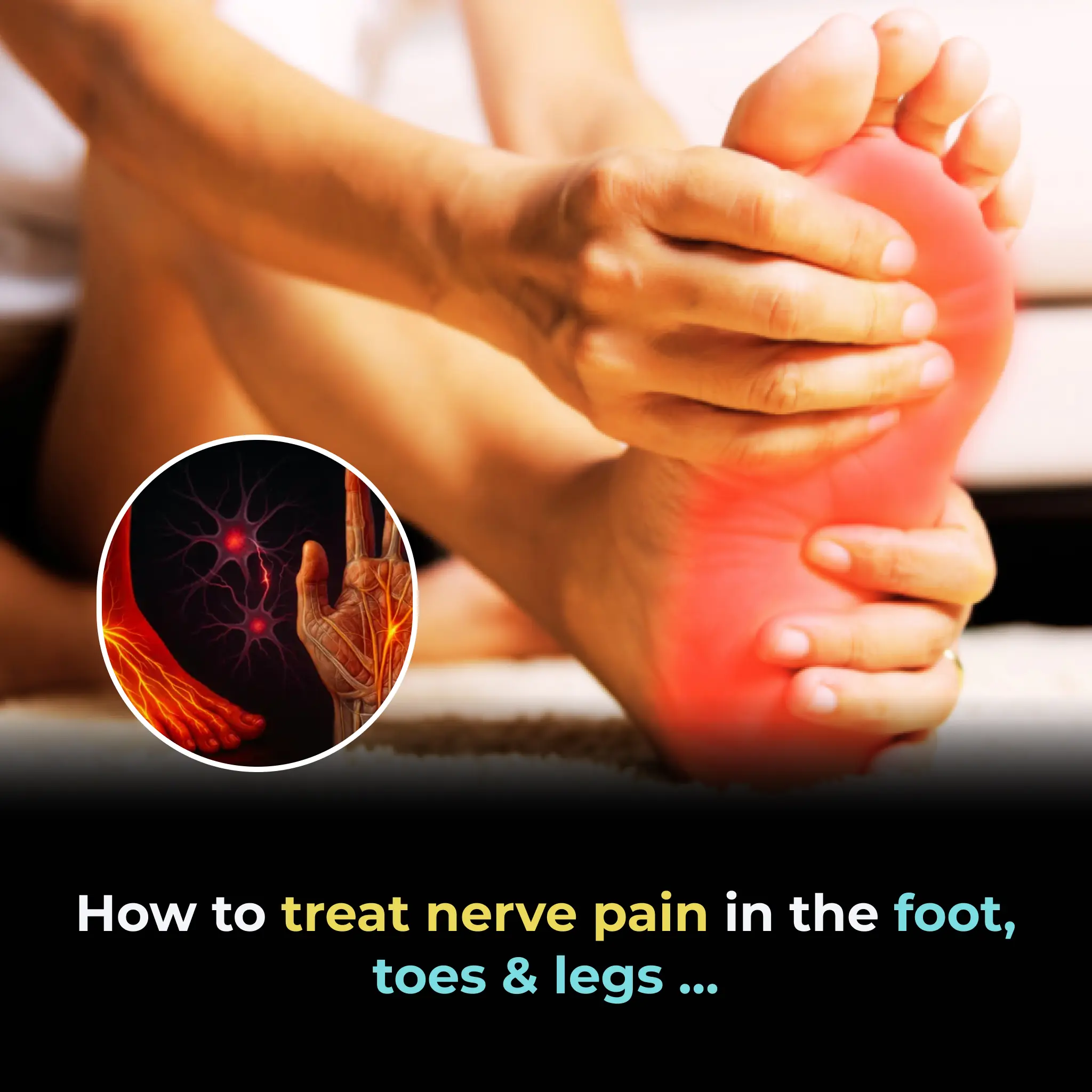
Scientists identify the only two foods consistently linked to higher cancer risk
Have you ever felt overwhelmed trying to sort through endless—and often contradictory—nutrition headlines? One day sugar is “toxic,” the next day red meat is declared harmful, and then dairy is accused of causing inflammation or cancer. It’s no wonder people end up confused, stressed, and unsure about what to actually eat.
But here’s the surprising truth: according to large-scale reviews by major scientific bodies including the World Health Organization (WHO) and the International Agency for Research on Cancer (IARC), only two food categories show a clear, consistent, and significant association with higher cancer risk. Everything else is far less conclusive.
So let’s walk through the evidence—calmly, clearly, and without fear—so you can make informed, confident choices.
(Insights inspired by Dr. Amy – Cancer Researcher & Survivor)
Key Takeaways
-
Only processed meats and alcohol have strong, consistent evidence linking them to cancer risk (IARC, WHO).
-
Commonly feared foods—sugar, dairy, soy, and unprocessed meats—do not show strong causal links.
-
A long-term, balanced, whole-food dietary pattern supports health far more than restrictive “fear-based” eating.
1. Cutting Through the Confusion: What Truly Raises Cancer Risk?
If you’re a cancer survivor or simply health-conscious, you deserve evidence-based information—not fear-driven nutrition myths. Fortunately, major analyses like the World Cancer Research Fund Continuous Update Project (WCRF/AICR) consistently show that only two food categories rise to the level of “convincing evidence” for increasing cancer risk:
-
Processed meats
-
Alcohol
Everything else is classified as “limited,” “inconsistent,” or “not supported by strong evidence.”
This distinction matters. It protects you from unnecessary stress while helping you focus on the few habits with real impact. Many foods that have been demonized in headlines simply don’t hold up under rigorous scientific scrutiny (AICR).
2. Myth-Busting: Sugar, Soy, Meat, and Dairy Don’t Deserve the Blame
Let’s address four foods frequently (and unfairly) blamed for cancer.
Sugar
It’s true that cancer cells use glucose—but so do all your healthy cells.
Eliminating sugar does not “starve” cancer; your body will simply convert protein or fat into glucose (National Cancer Institute). What truly matters is long-term metabolic health, stable blood sugar, and an overall balanced diet. Natural sugars in fruits are not harmful in normal portions.
Soy
Soy includes phytoestrogens, but they do not raise estrogen levels in the body.
Clinical studies, including trials cited by the American Cancer Society, show that moderate soy consumption is associated with lower breast cancer recurrence—even for estrogen-positive cancers.
Unprocessed Red Meat & Dairy
While processed meat is a clear risk, unprocessed red meat eaten in moderation is not linked to significant cancer increases (WCRF).
Similarly, major reviews find no convincing causal connection between normal dairy intake and cancer for the general population (Harvard T.H. Chan School of Public Health).
3. Processed Meat: The #1 Food to Limit for Cancer Prevention
Processed meats include foods altered by curing, salting, smoking, or chemical preservatives, such as:
-
Bacon
-
Sausages
-
Hot dogs
-
Salami, ham, deli meats
-
Beef jerky
The IARC classifies processed meat as a Group 1 carcinogen, meaning there is sufficient evidence that it causes cancer in humans (IARC, WHO).
Eating 50 grams per day—just a couple of bacon strips or a small deli sandwich—increases colorectal cancer risk by about 18%. That’s a meaningful increase, and similar trends appear for breast and possibly lung cancers.
Why? In part because nitrates and nitrites can form carcinogenic nitrosamines during digestion. Even “nitrate-free” meats often contain natural nitrates from celery powder or similar additives, so they may not be substantially safer.
Bottom Line: Enjoy them occasionally, but avoid making them daily staples.
4. Alcohol: A Group 1 Carcinogen—No Matter the Type
Many people are shocked to learn that alcohol is in the same carcinogen category as tobacco—Group 1—according to the IARC and WHO.
The evidence is robust: alcohol increases the risk of several cancers, including:
-
Breast
-
Colorectal
-
Liver
-
Esophageal
-
Mouth and throat
Even one drink per day raises cancer risk by around 9%, and even modest intake increases breast cancer risk in women (WCRF/AICR).
And yes—red wine counts too. Its antioxidants cannot outweigh the carcinogenic effect of ethanol itself. If you want antioxidants, fruits and vegetables offer them without the downside.
5. Practical Ways to Reduce Exposure Without Feeling Deprived
This isn’t about fear—it’s about balance. You don’t need to “ban” foods to protect your health.
Here are realistic strategies:
-
Don’t keep processed meats as weekly staples. Save them for special brunches or rare cravings.
-
Replace alcohol with low- or no-alcohol options most days.
-
If alcohol is part of your social life, choose intentional occasions rather than daily routines.
-
If drinking has become a stress relief tool, consider healthier alternatives like walking, journaling, meditation, or connecting with supportive friends.
6. Focus on What You Can Enjoy—With Confidence
There is no strong evidence that everyday foods like soy, dairy, gluten, fruit sugars, or unprocessed meats cause cancer when consumed in normal amounts as part of a balanced diet (WCRF, AICR, NCI).
Instead, emphasize long-term healthy patterns:
-
Plenty of colorful vegetables
-
Whole grains and legumes
-
Lean proteins
-
Healthy fats (olive oil, nuts, seeds)
-
Moderate red meat, minimal processed meat
-
Limited alcohol
Eating should bring joy, not fear.
7. Strategy Over Restriction: A Sustainable Approach
Rigid rules and elimination diets rarely last—and rarely help.
Evidence shows it's overall dietary patterns, not single “good” or “bad” foods, that shape long-term health (Harvard School of Public Health).
So enjoy holiday meals, savor a celebratory toast, or have a weekend brunch with bacon—knowing these moments are occasional and not everyday habits.
Conclusion: Eat Smart, Live Free
After cutting through years of confusion, the evidence is clear:
👉 Processed meats and alcohol are the only foods consistently shown to raise cancer risk.
Everything else is far less certain—so you can let go of unnecessary worry and focus on balanced, enjoyable eating.
Your power lies in sustainable daily habits, not fear or deprivation. Make informed choices, nourish your body, and enjoy food with confidence and peace of mind.
(Sources: WHO, IARC, WCRF/AICR, National Cancer Institute, American Cancer Society, Harvard T.H. Chan School of Public Health)
News in the same category

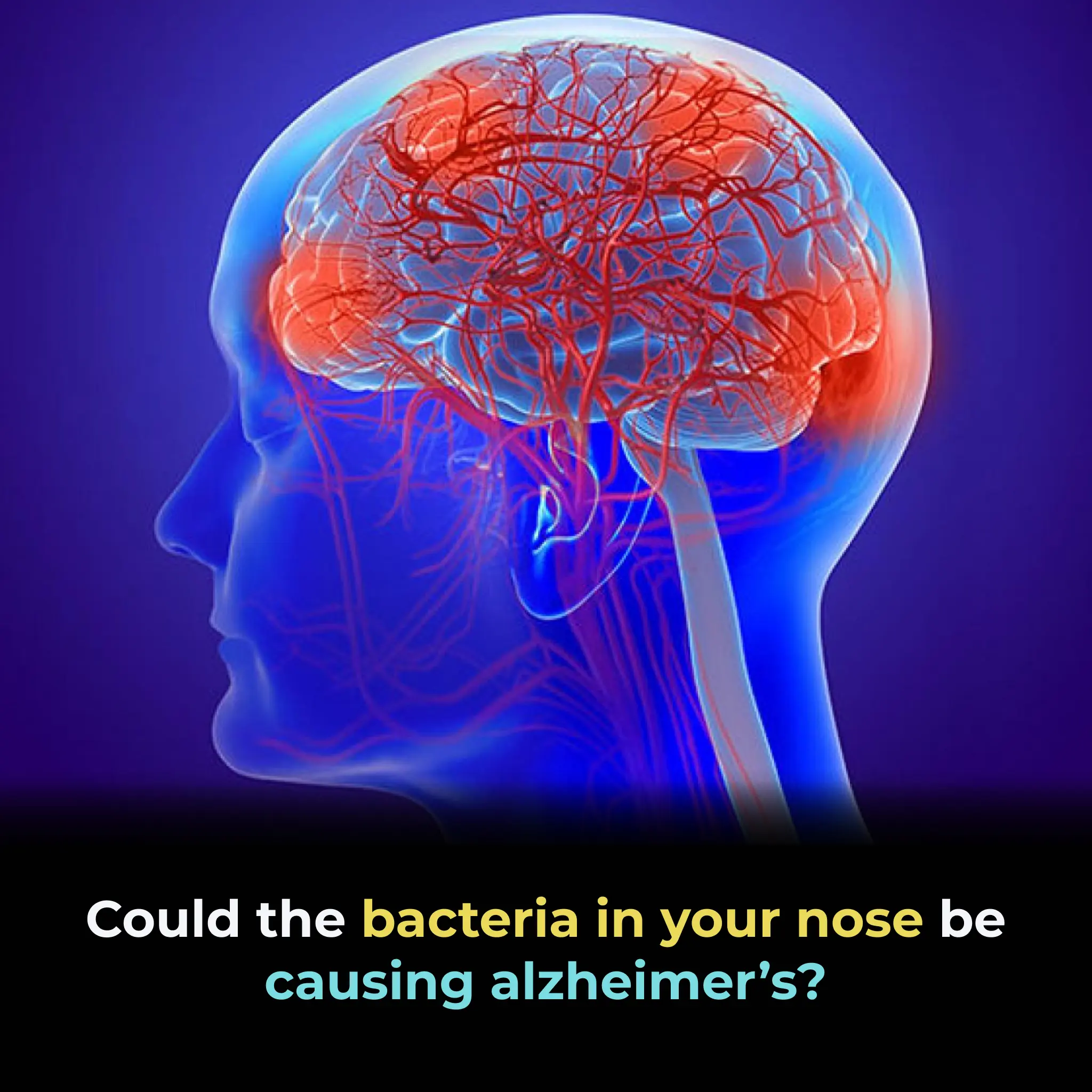
COULD THE BACTERIA IN YOUR NOSE BE CAUSING ALZHEIMER’S?

The Shocking Impact of Honey with Cloves on Your Health
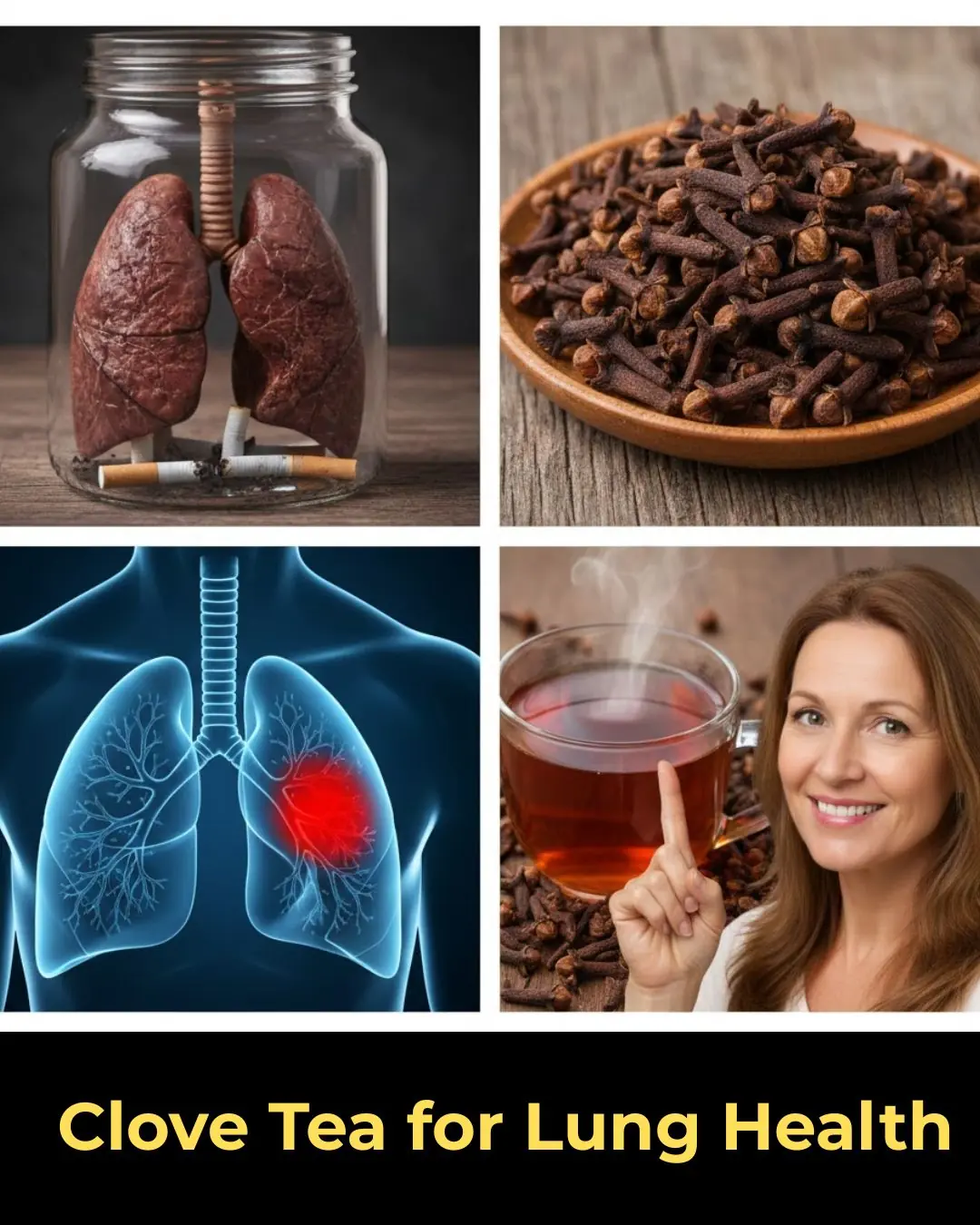
Clear Your Lungs and Soothe Your Cough Naturally with Onion Remedy

Guava Leaf Tea: A Simple Habit With Powerful Health Benefits
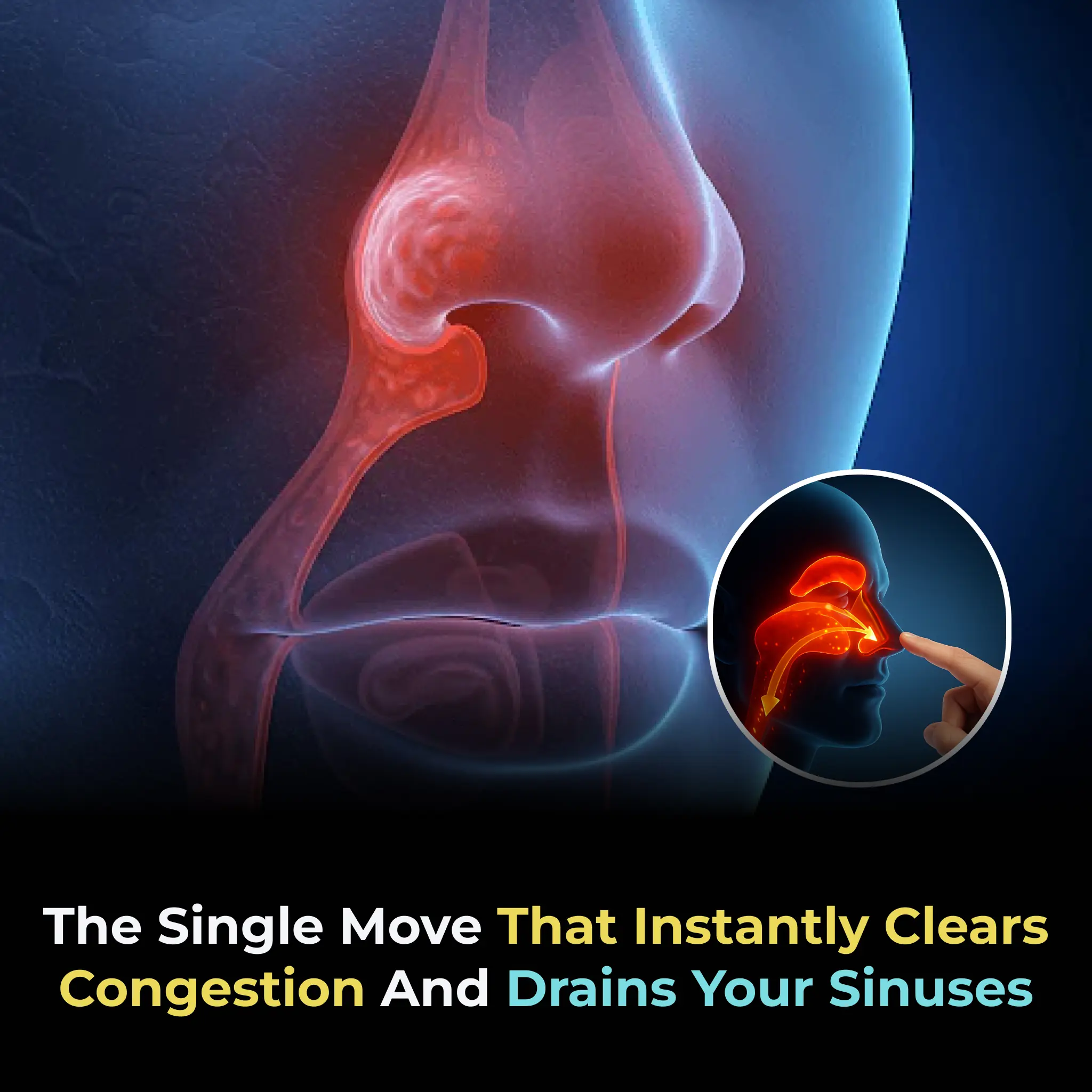
The single move that instantly clears congestion and drains your sinuses
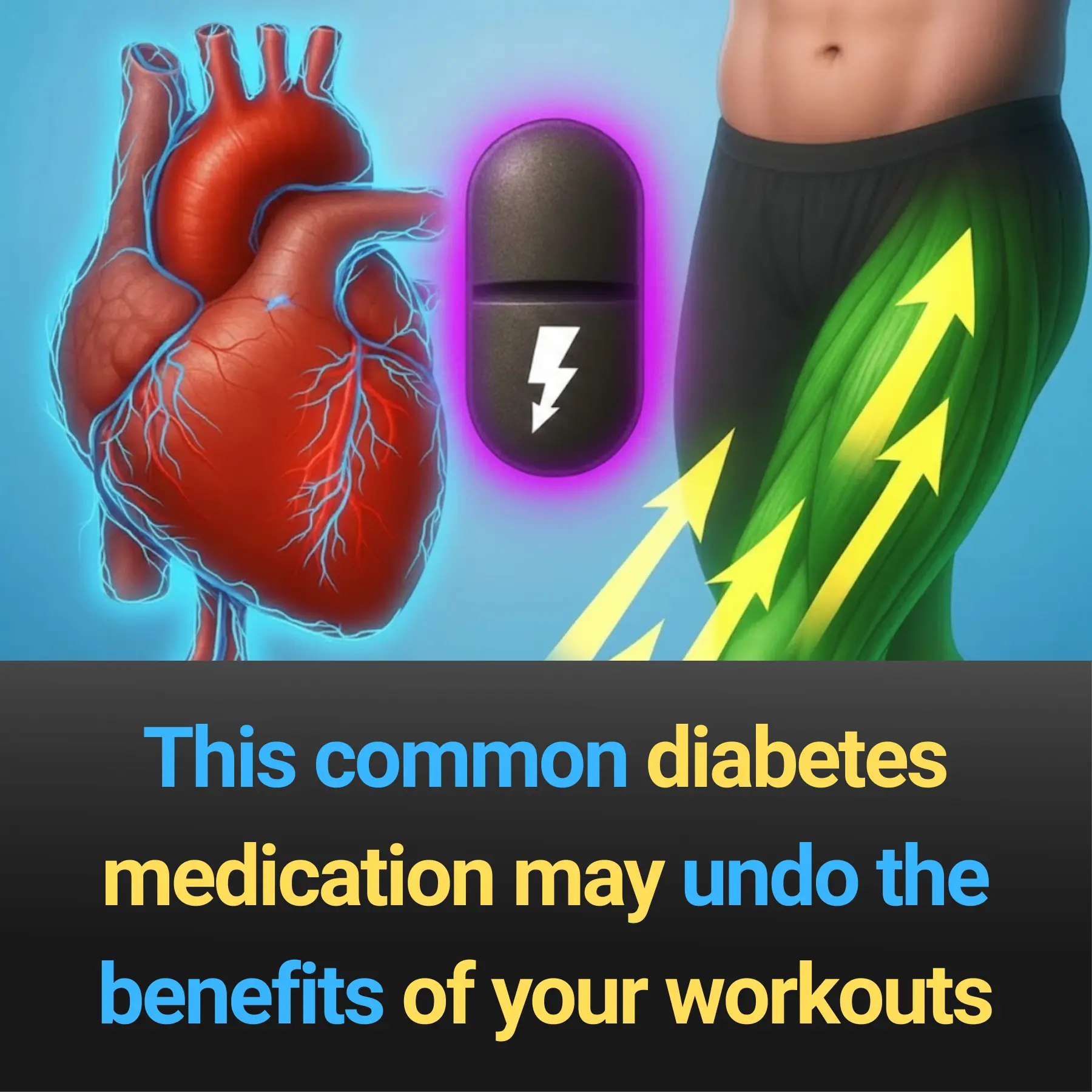
This common diabetes medication may undo the benefits of your workouts
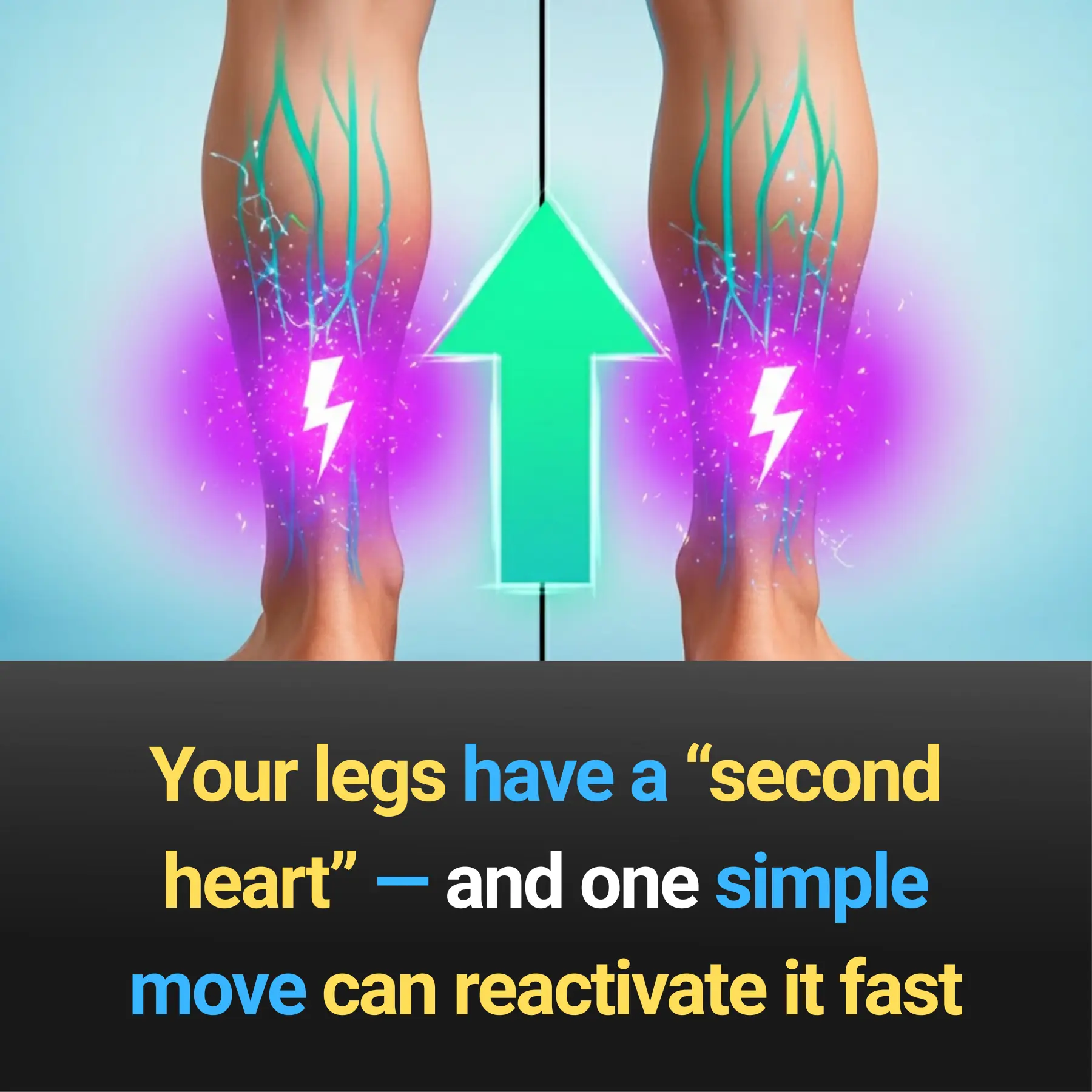
Your legs have a “second heart” — and one simple move can reactivate it fast
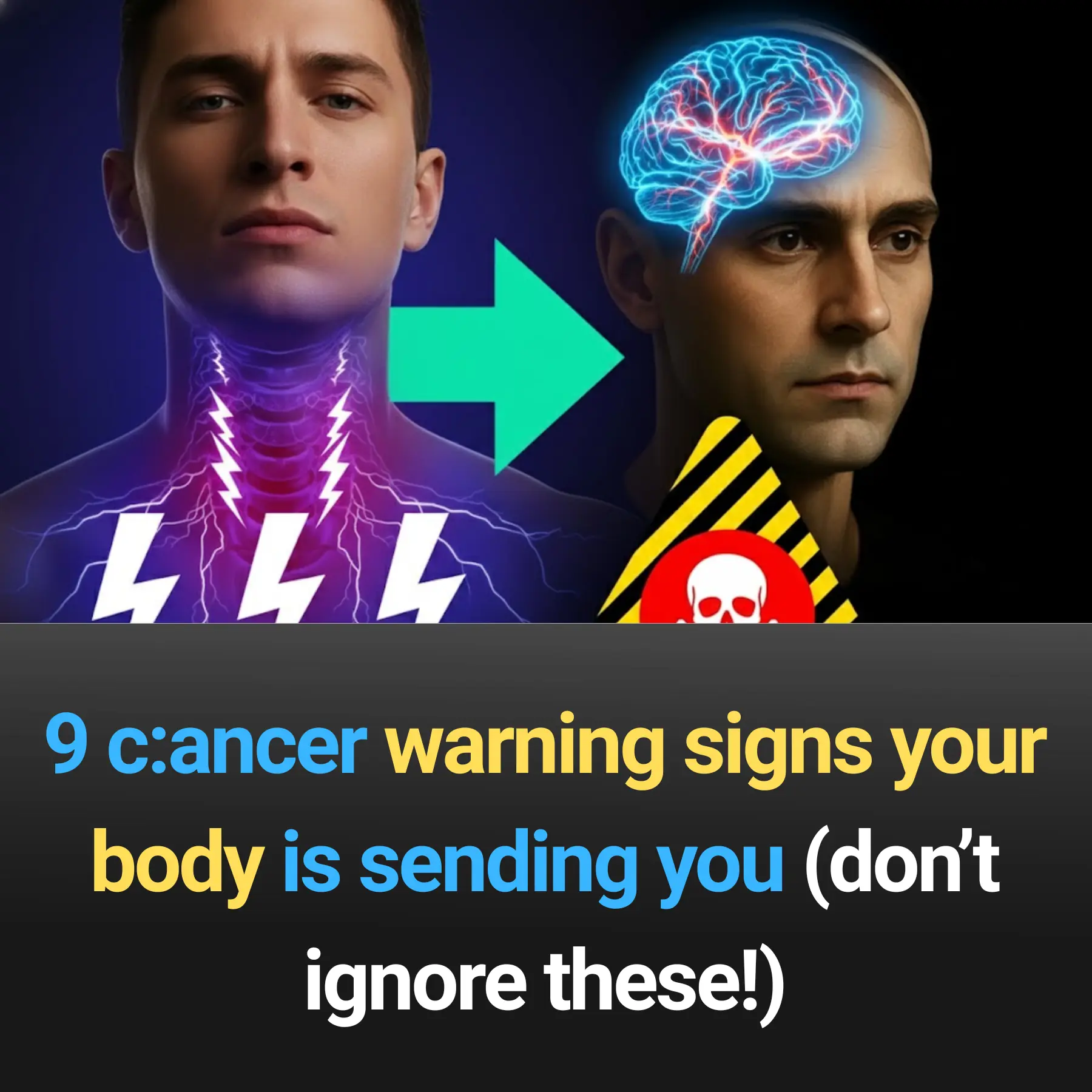
9 cancer warning signs your body is sending you (don’t ignore these!)
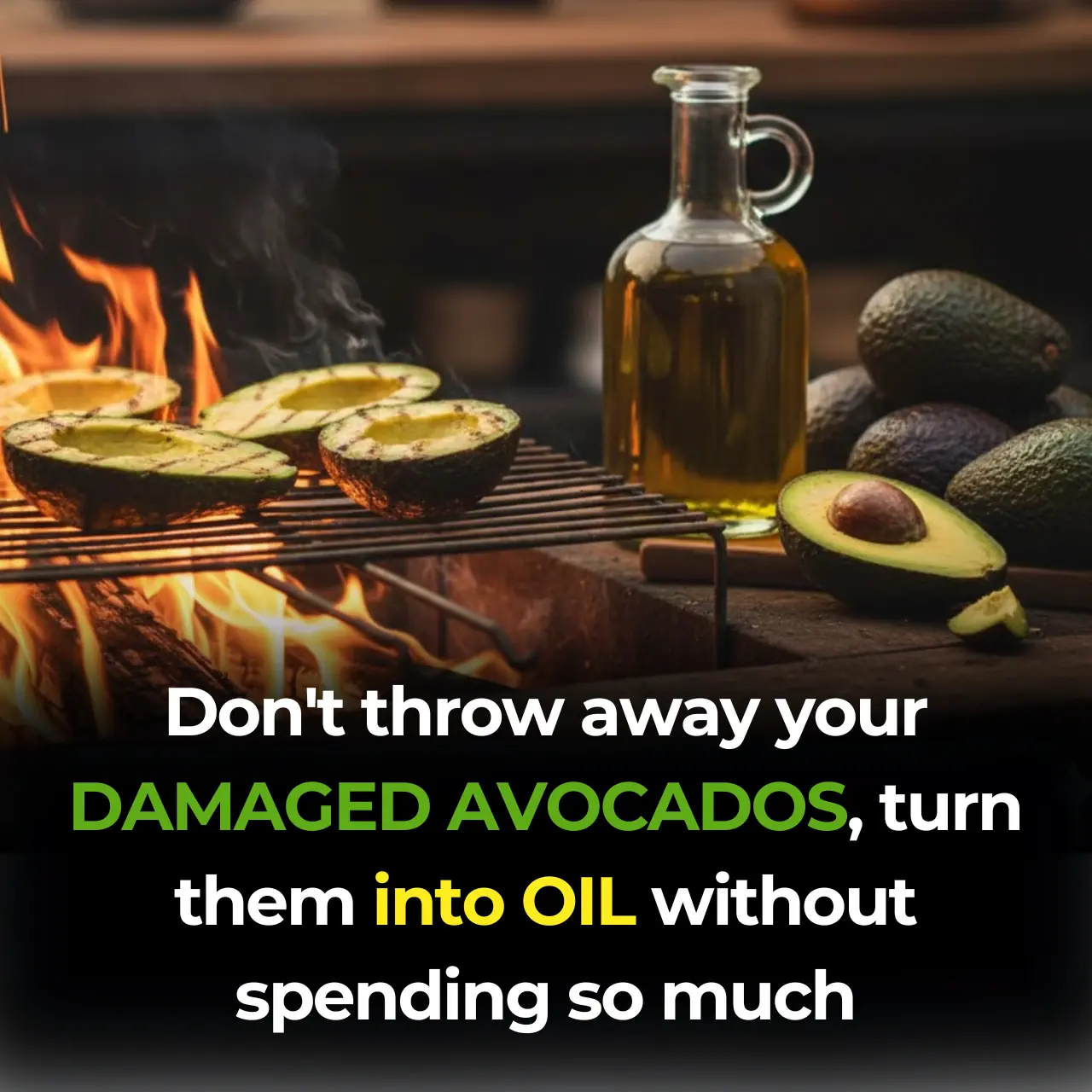
Here’s the secret why everyone puts avocados on the fire!
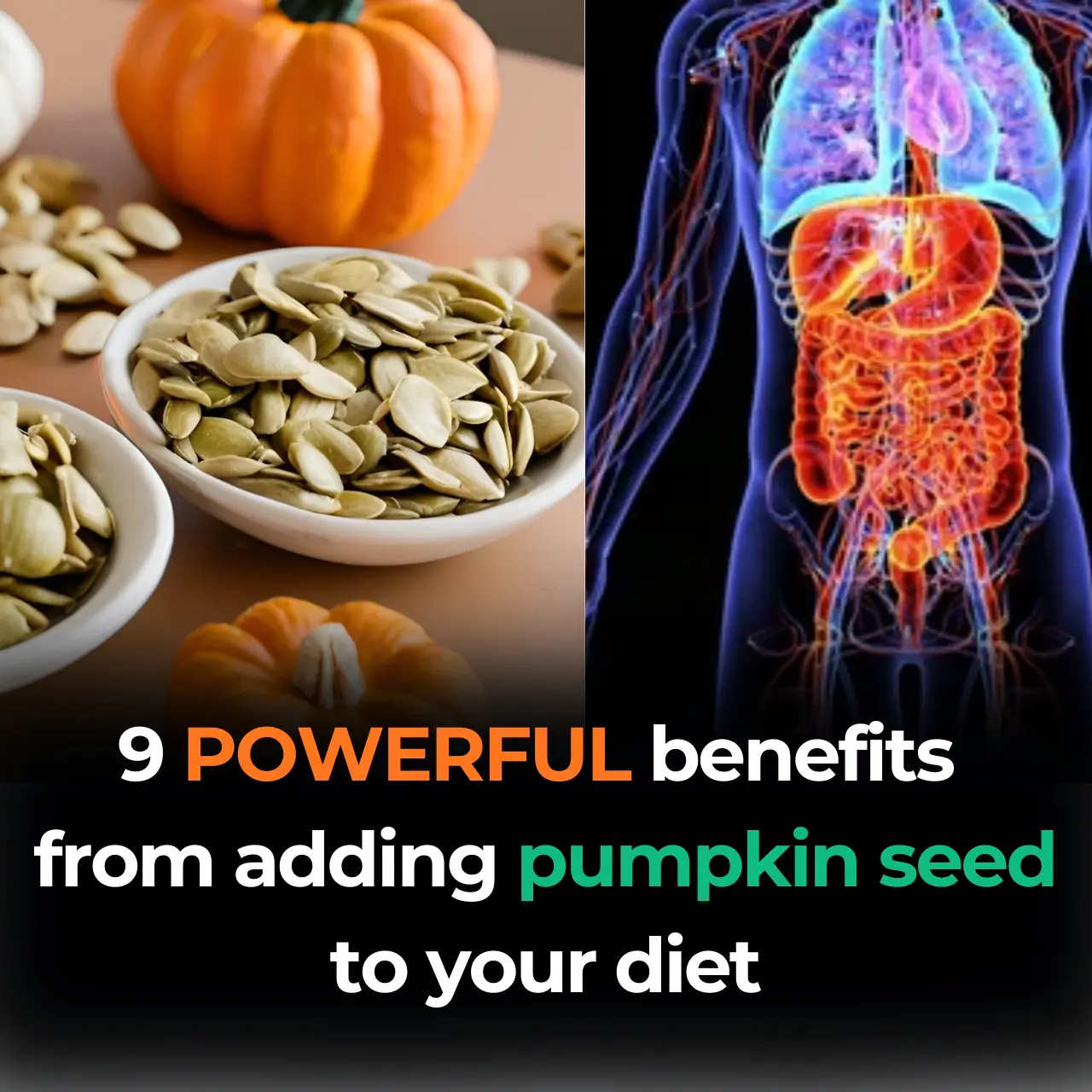
Scientifically Proven Benefits of Pumpkin Seeds (Pepitas) and Pumpkin Seed Oil
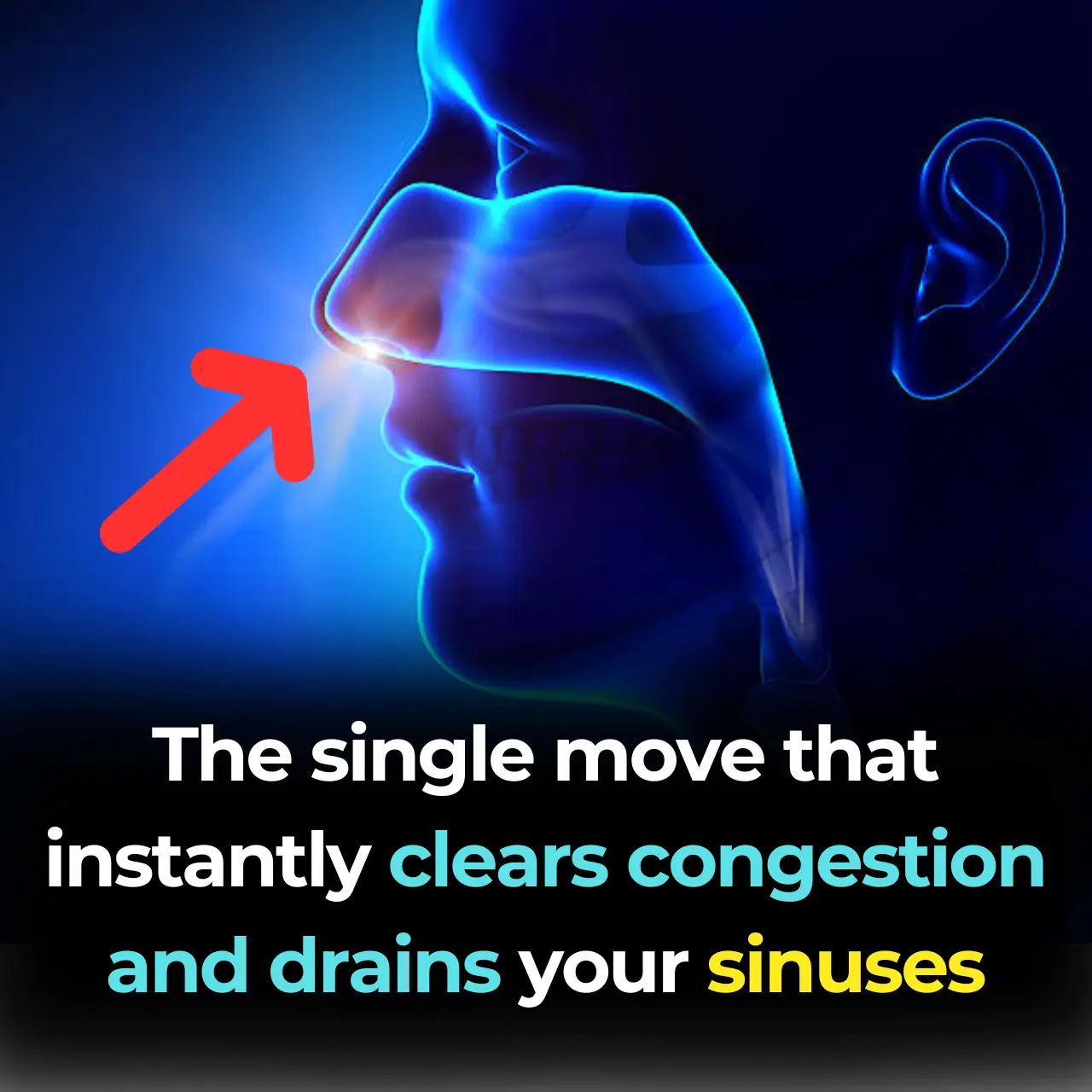
The single move that instantly clears congestion and drains your sinuses
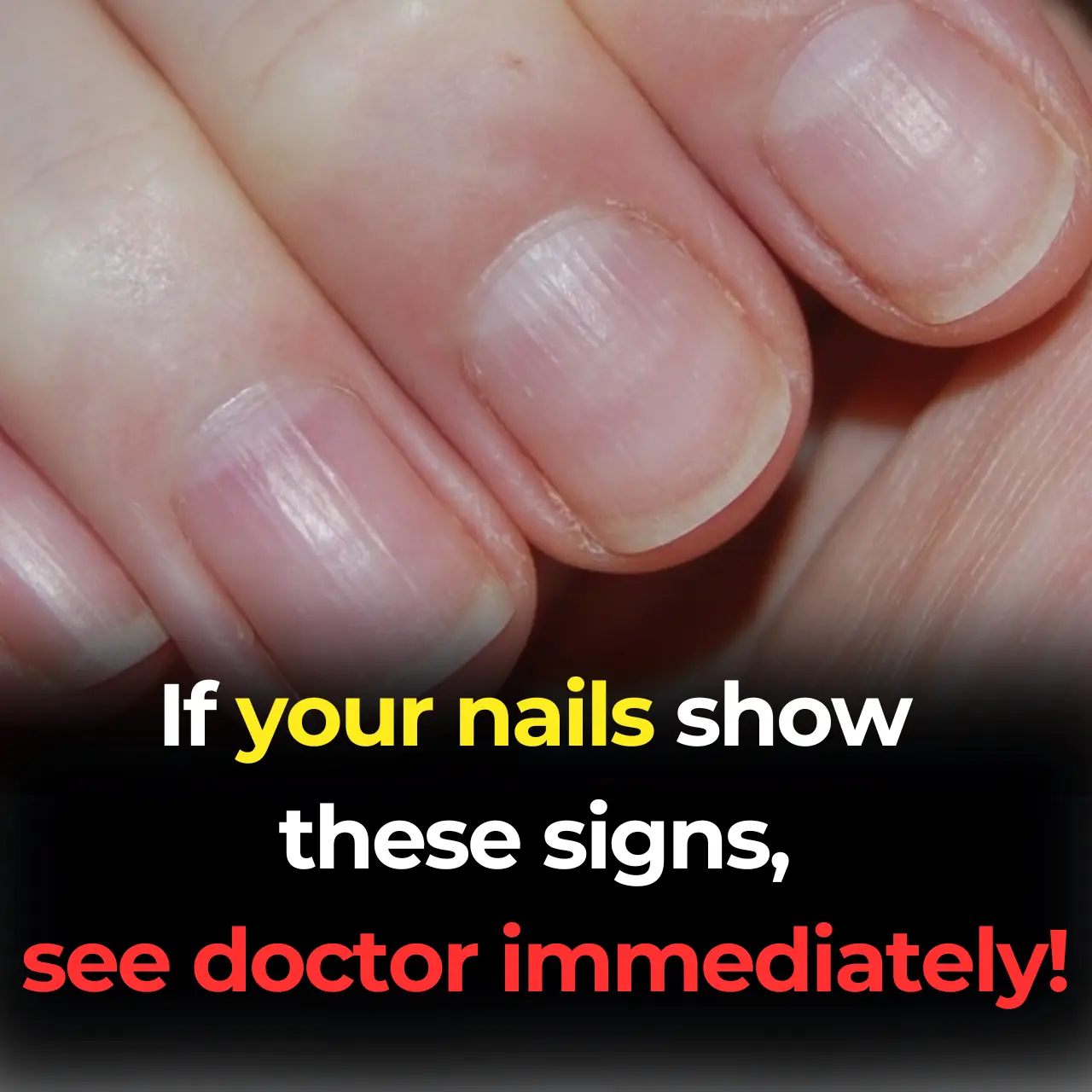
11 Health Warnings Your Fingernails May Be Sending
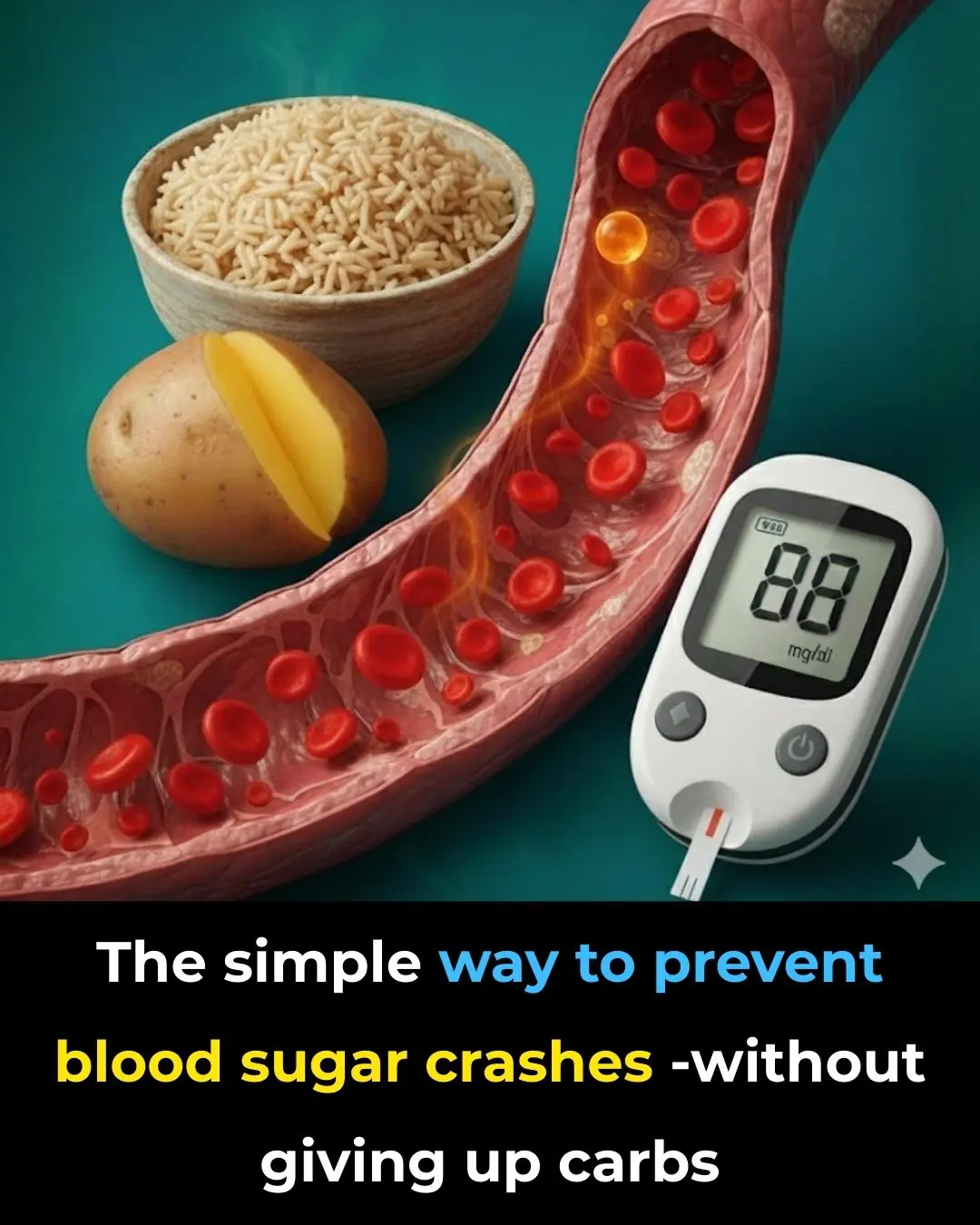
Stop blood sugar spikes—enjoy carbs without the crash!
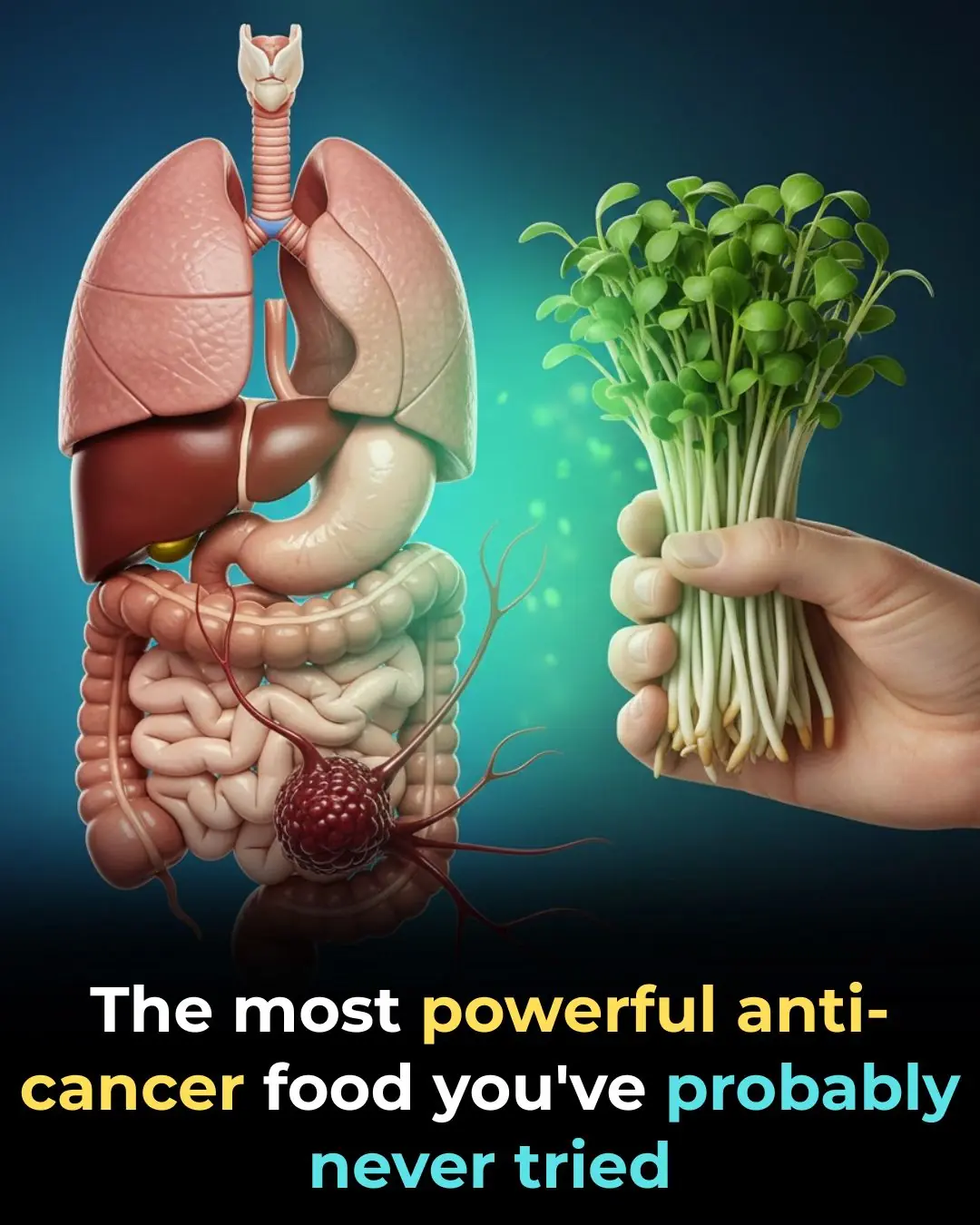
The most powerful anti-cancer food you’ve probably never tried
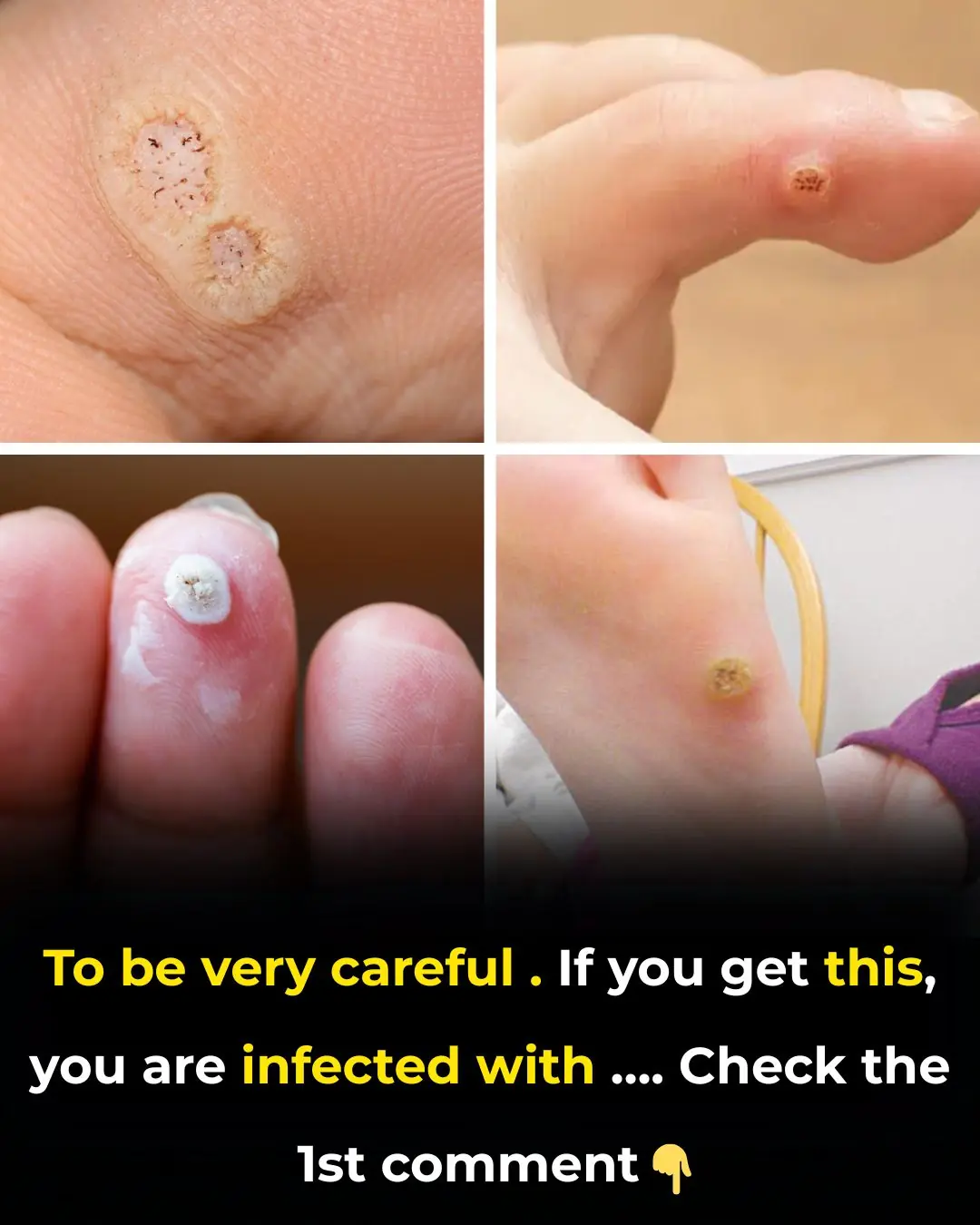
🩺 Be Aware: If You Notice This Skin Change, It Could Be Skin Cancer — Here’s What to Look For
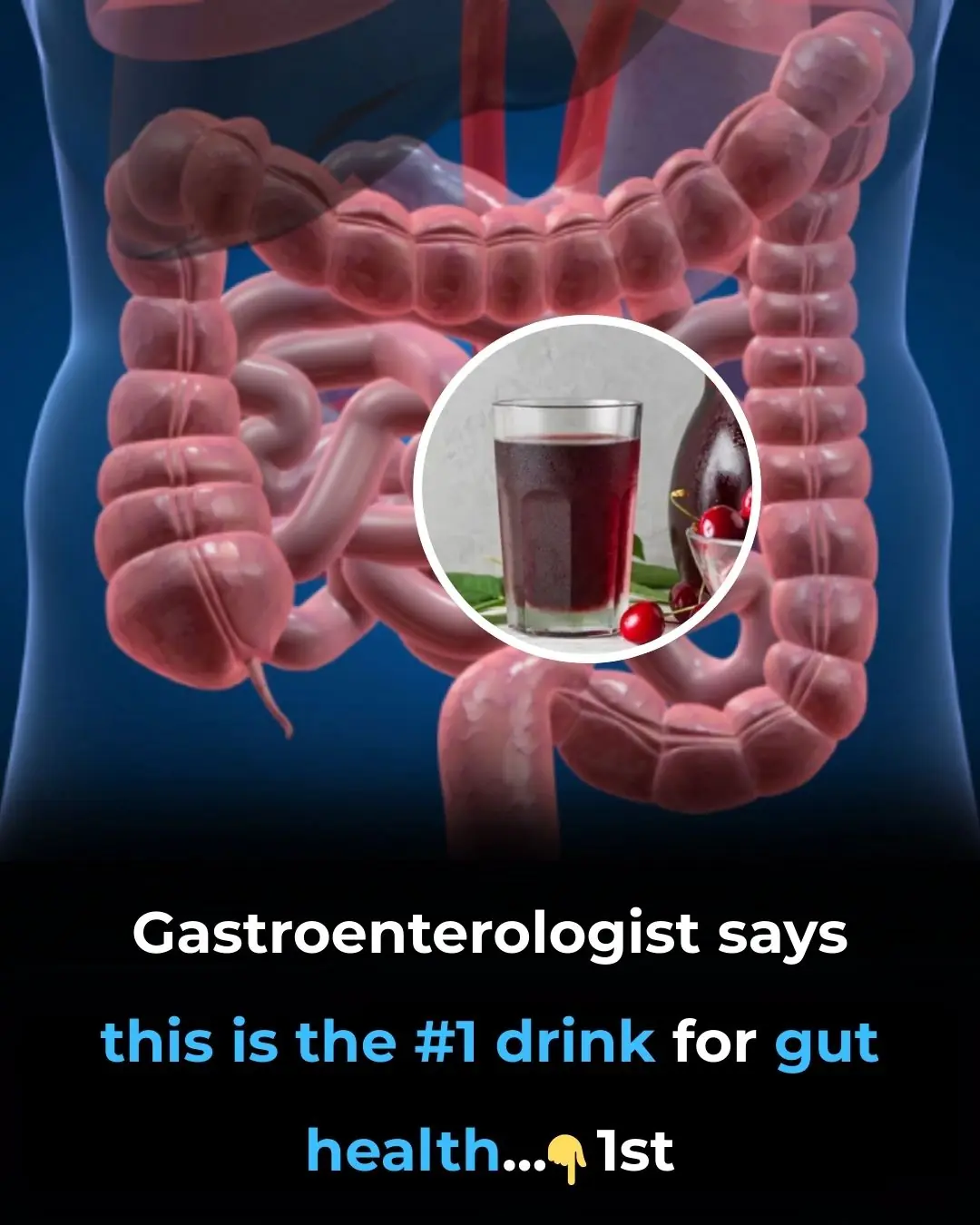
Gastroenterologist says this is the #1 drink for gut health
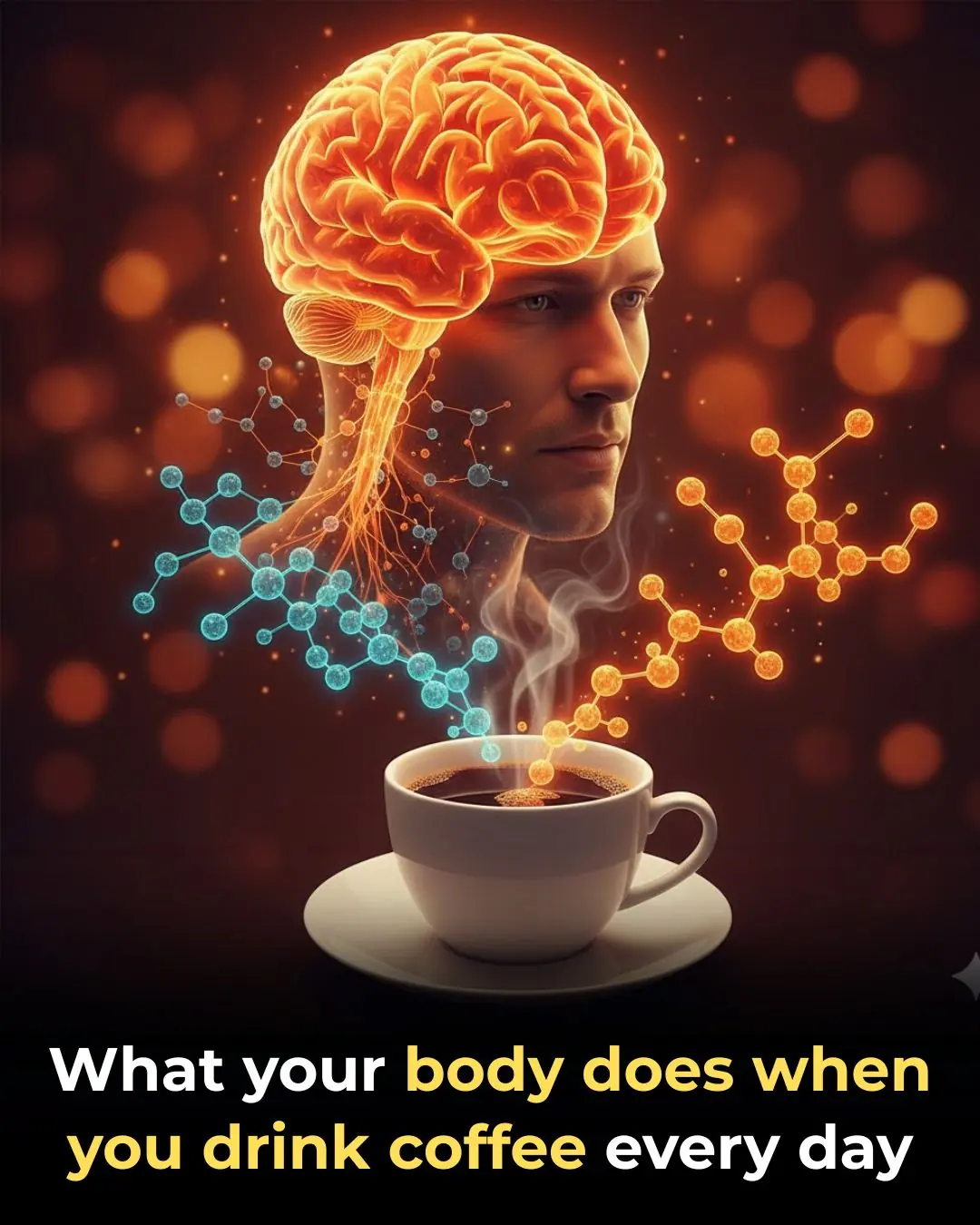
What your body does when you drink coffee every day
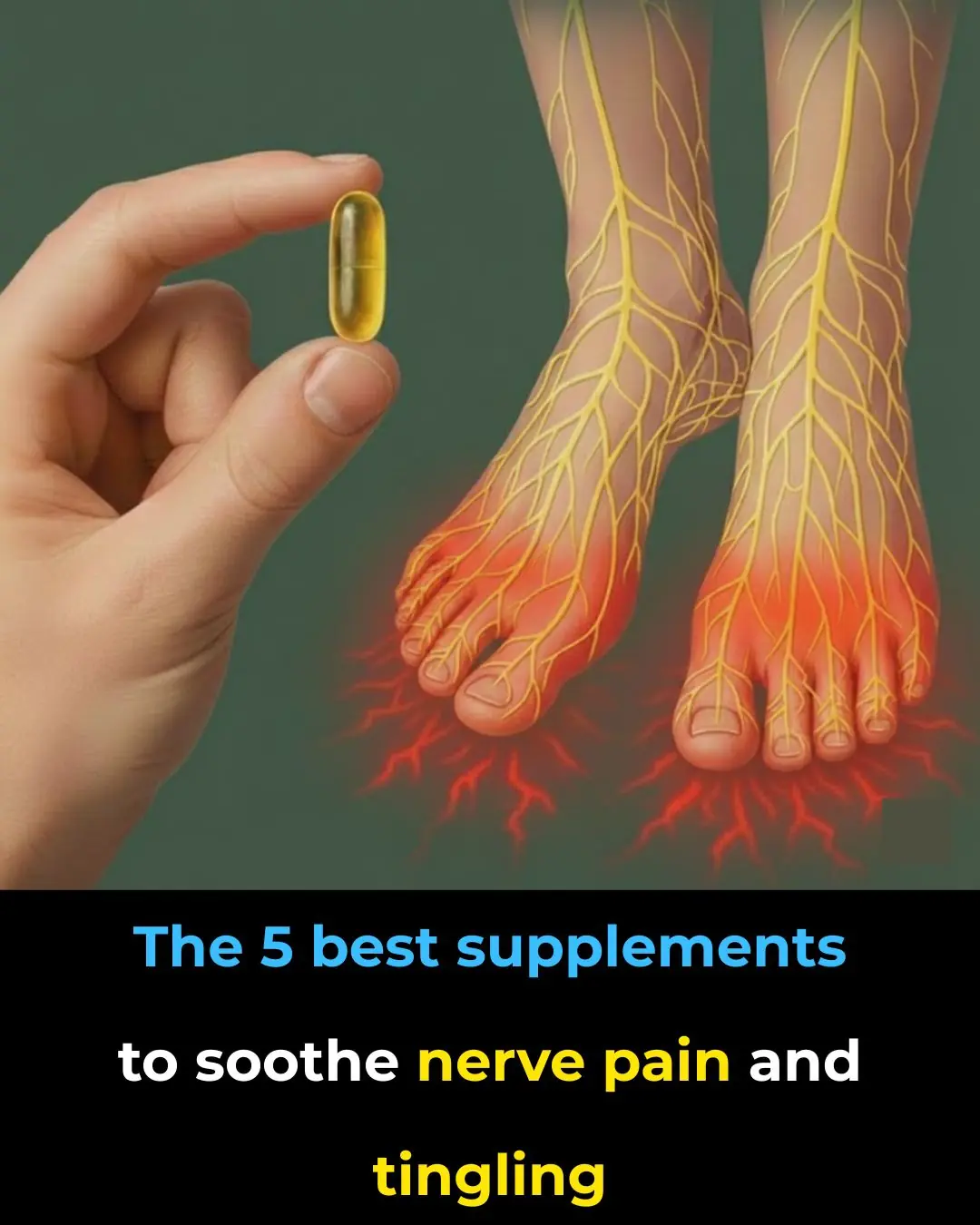
The 5 best supplements to soothe nerve pain and tingling
News Post

How to treat nerve pain in the foot, toes & legs …

COULD THE BACTERIA IN YOUR NOSE BE CAUSING ALZHEIMER’S?
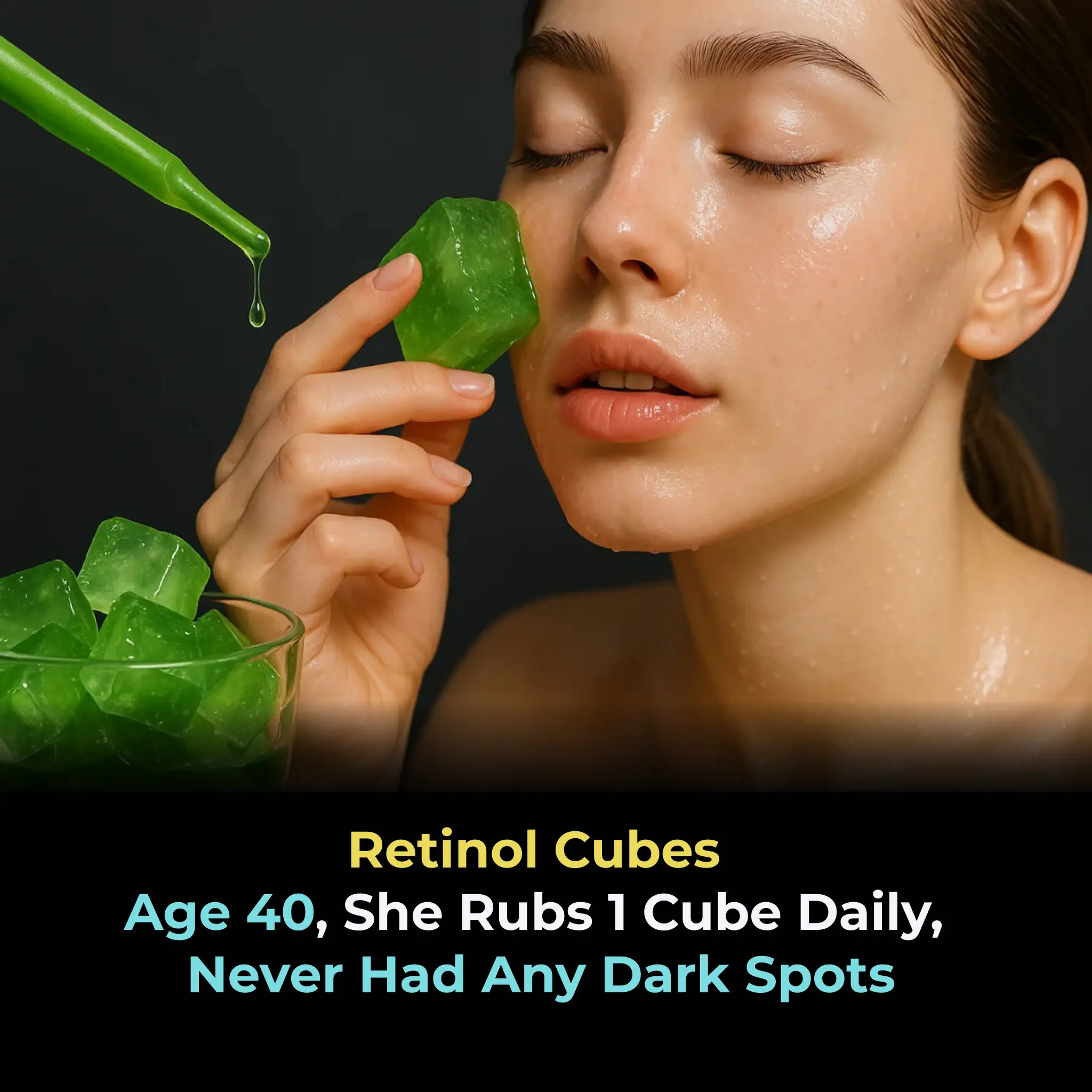
Retinol Cubes Age 40, she rubs 1 cube daily, Never had any Dark Spots
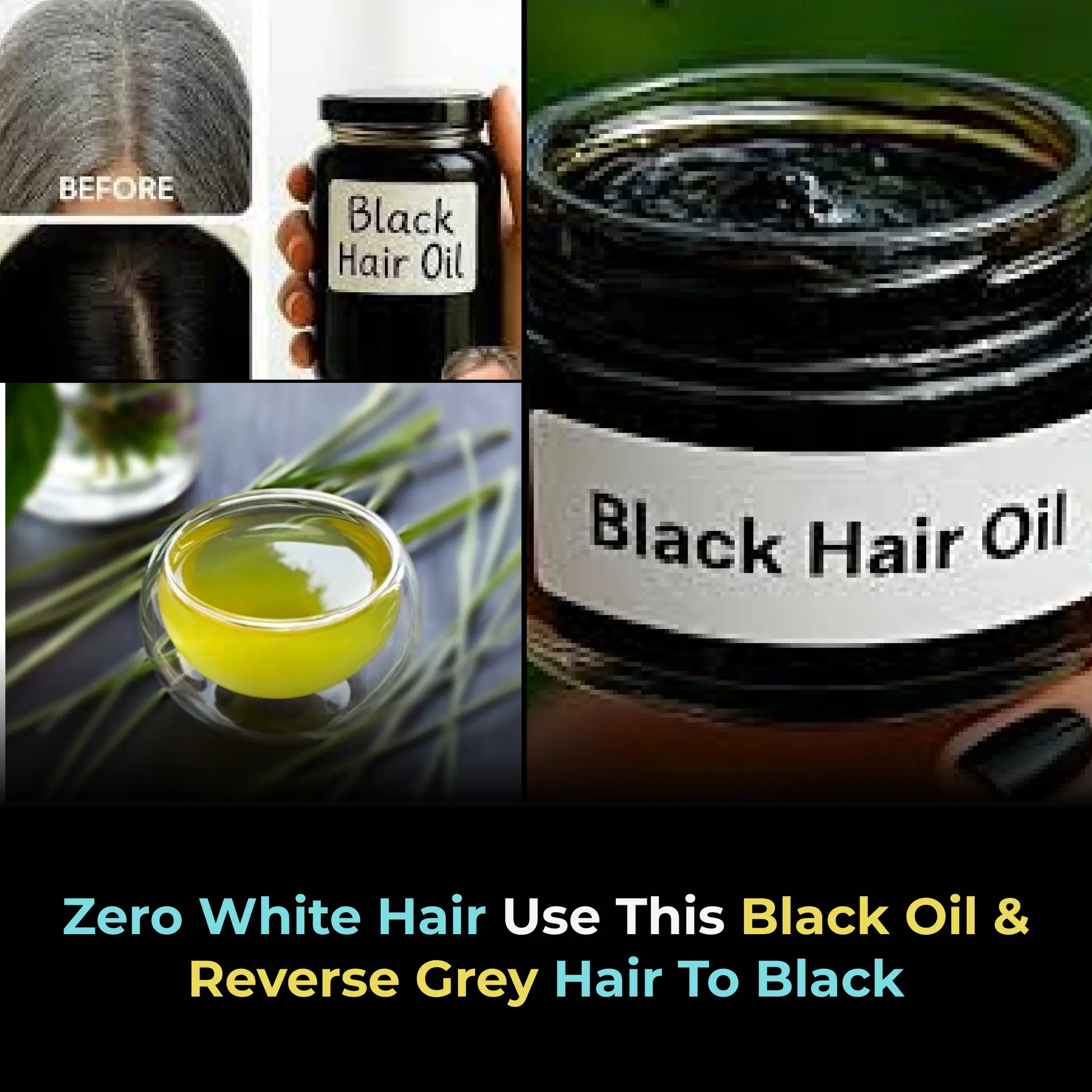
Reverse Hair Greying – Turn White Hair to Black

A High School Robotics Team Built What Insurance Refused — And Gave a 2-Year-Old the Gift of Independent Movement

The Man Who Became “Dad” to Millions: How Rob Kenney Turned His Pain Into a Global Mission

The Woman With Two Genomes: The Extraordinary Chimera Case That Redefined DNA Science”

China Just Launched the World’s First 10G Home Internet — And It Signals the Future of Global Connectivity

An Olympic Medal, a Baby’s Life — and a Story of Humanity That Touched the World

The Shocking Impact of Honey with Cloves on Your Health

Clear Your Lungs and Soothe Your Cough Naturally with Onion Remedy

Guava Leaf Tea: A Simple Habit With Powerful Health Benefits

The single move that instantly clears congestion and drains your sinuses

This common diabetes medication may undo the benefits of your workouts

Your legs have a “second heart” — and one simple move can reactivate it fast

9 cancer warning signs your body is sending you (don’t ignore these!)
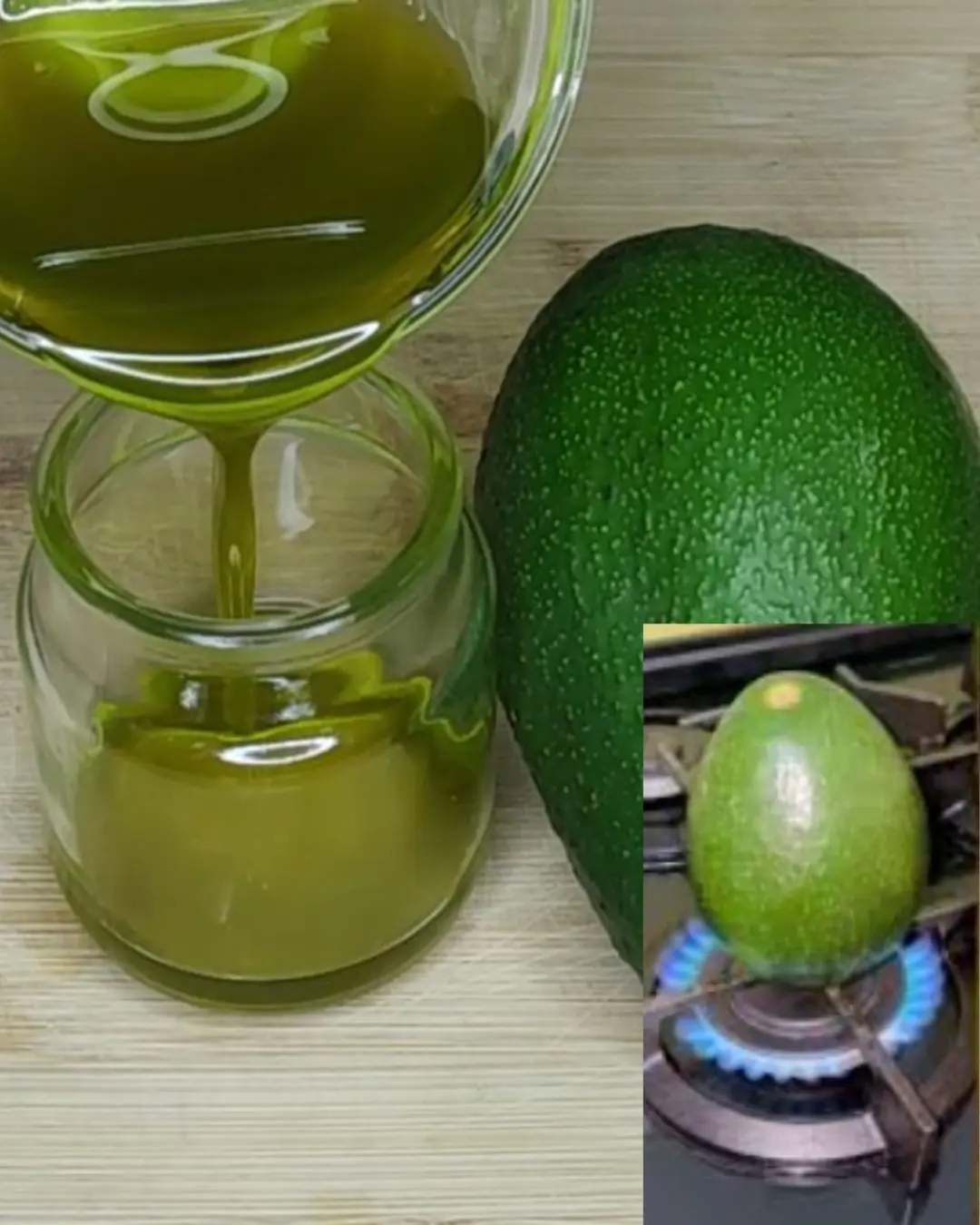
Here’s the secret why everyone puts avocados on the fire!
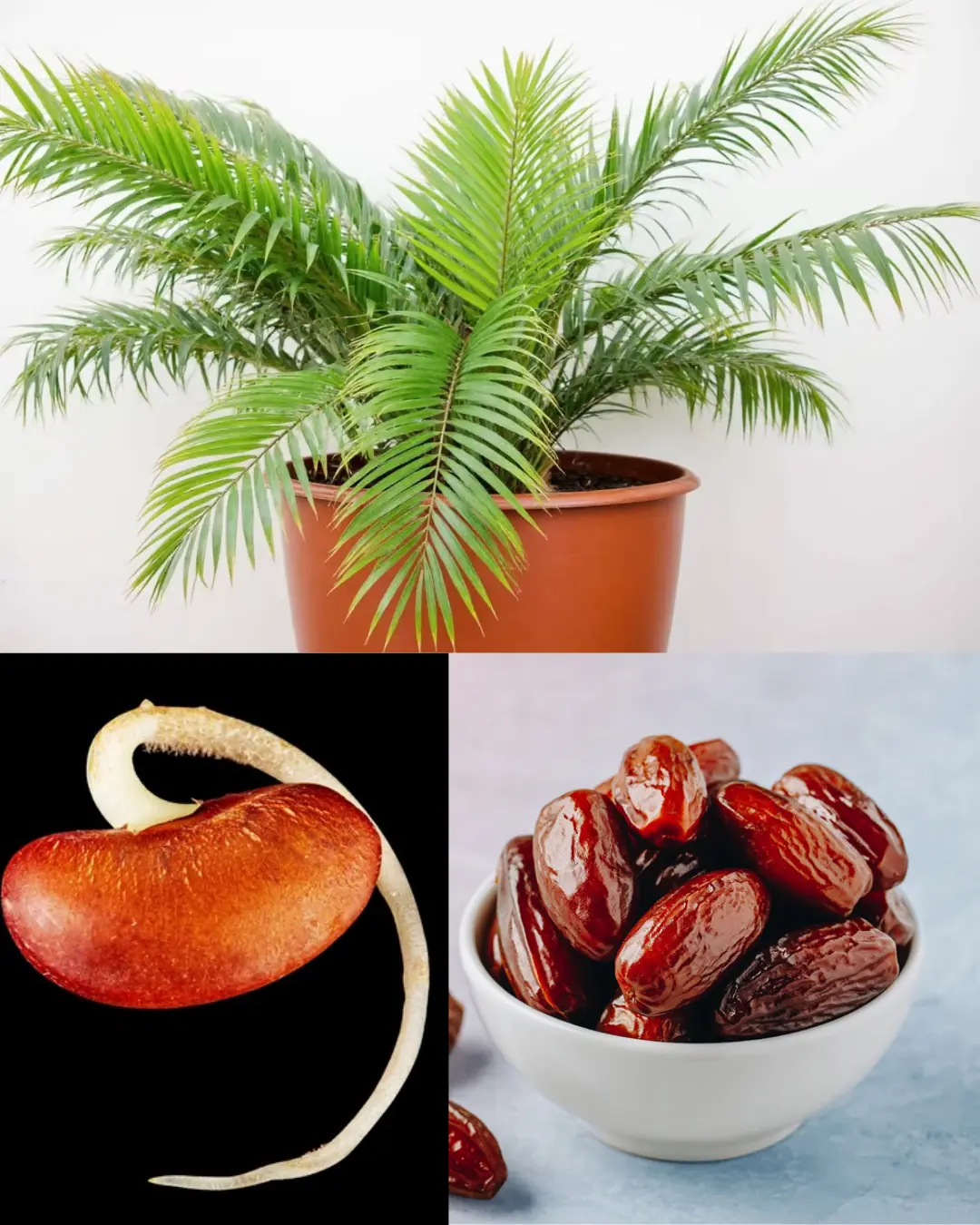
Grow Date Trees From Seed (Start in a Pot → Plant Outdoors): The Complete, No-Stress Guide
